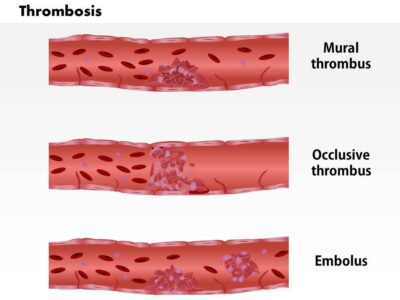Dengue fever symptoms in kids

Dengue fever is a mosquito-borne viral illness that can affect people of all ages, including children. While it’s essential to be vigilant about dengue at any age, recognizing the symptoms in kids can be particularly challenging. In this extensive guide, we’ll delve into the world of dengue fever symptoms in children, helping parents stay informed and prepared.
Understanding Dengue Fever
Before we delve into the symptoms, let’s briefly understand what dengue fever is. Dengue is caused by the dengue virus, which is primarily transmitted to humans through the bite of infected Aedes mosquitoes. This disease is prevalent in tropical and subtropical regions worldwide, making it crucial for parents in these areas to be aware of its signs and symptoms.
Common Dengue Fever Symptoms in Kids
High Fever: Dengue fever typically starts with a sudden high fever, often reaching up to 104°F (40°C). This fever can last for several days and is a hallmark symptom of the disease. It’s essential for parents to monitor their child’s temperature regularly.
Severe Headaches: Children with dengue may experience severe headaches, which can be distressing. These headaches can be accompanied by eye pain, adding to the discomfort.
Joint and Muscle Pain: Dengue fever is often referred to as “breakbone fever” due to the intense joint and muscle pain it causes, making movement uncomfortable for kids. These aches can be widespread and affect multiple joints.
Fatigue: Children with dengue may feel extremely tired and lethargic. This fatigue can be overwhelming and can impact their daily activities and play.
Skin Rash: Some kids may develop a rash, which can appear a few days after the fever begins. The rash is typically characterized by small red or pink spots and can be itchy.
Nausea and Vomiting: Dengue fever can cause nausea and vomiting, leading to dehydration in children. It’s crucial to keep your child hydrated and offer small, frequent meals to prevent this.
Mild Bleeding: In some cases, children may experience mild bleeding from the nose or gums. While this is less common, it should not be ignored, as it could indicate a progression of the disease.
Abdominal Pain: Children with dengue fever may complain of abdominal pain, which can be accompanied by diarrhea. This can contribute to their discomfort and dehydration.
Seeking Medical Attention
If your child displays any of these symptoms, it’s essential to seek immediate medical attention. Dengue fever can progress to severe dengue (also known as dengue hemorrhagic fever or dengue shock syndrome), which can be life-threatening.Detecting dengue early and providing appropriate medical care can substantially lower the likelihood of developing severe dengue.
In addition to these common symptoms, severe dengue may manifest with the following warning signs:
Severe abdominal pain or persistent vomiting.
Bleeding gums or nosebleeds that are difficult to stop.
Rapid breathing or difficulty breathing.
Fatigue or restlessness.
Cold or clammy skin.
A decrease in urination.
If your child experiences any of these warning signs, seek medical care immediately. Early intervention is critical in preventing severe complications.
Preventing Dengue in Kids
Prevention is key when it comes to dengue fever.
Use mosquito repellent: Apply a mosquito repellent recommended for children to exposed skin and clothing. Make sure it is safe for their age group.
Dress your child in protective clothing: When outdoors, dress your child in long-sleeved clothing and pants to minimize mosquito exposure.
Ensure screens on doors and windows: Use mosquito nets or screens on doors and windows to keep mosquitoes out of your home.
Eliminate mosquito breeding sites: Aedes mosquitoes, responsible for transmitting dengue, breed in stagnant water. Eliminate sources of standing water around your home, such as flower pots, buckets, and discarded containers.
Use mosquito nets: When your child is sleeping, use mosquito nets to provide an extra layer of protection.
Dengue fever in kids is a serious concern, but with awareness and preventive measures, parents can help keep their children safe. Recognizing the symptoms early and seeking medical attention when needed is crucial for effective treatment. Stay informed, take preventive actions, and prioritize your child’s health to combat dengue fever effectively.
Remember, while dengue fever can be alarming, prompt medical attention and supportive care can lead to a full recovery. Keep an eye on your child’s health, follow the prevention tips, and provide them with the care and comfort they need to overcome this mosquito-borne illness. By staying informed and vigilant, parents can ensure their children’s well-being in regions where dengue fever is prevalent.



